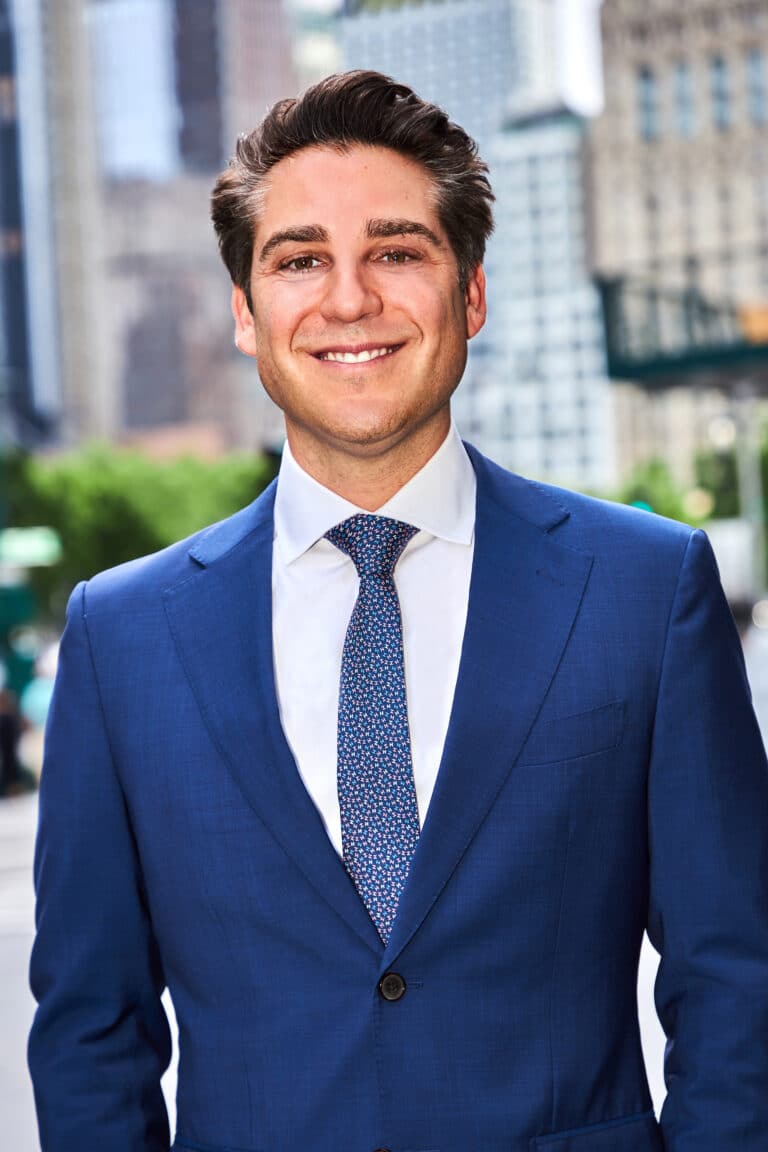Cary London, Esq. is a top New York trial attorney specializing in catastrophic injuries, car accidents, construction accidents, and civil rights violations. Known for his relentless advocacy, he has recovered millions for victims of wrongful conviction, negligence, workplace injuries, and police misconduct. A fierce litigator with a proven track record, Mr. London is a member of the Million Dollar Verdict Club and has been recognized by Super Lawyers, Avvo, and Martindale-Hubbell for his exceptional results. Whether fighting in court or negotiating high-value settlements, he is committed to securing justice for the injured. His legal expertise is regularly featured on Fox News, CBS, NBC, NY1, and News12 Bronx, where he provides insight on high-profile cases and legal issues.
A magna cum laude graduate of the University of Virginia and New York Law School, Mr. London has built an impressive legal career, with experience spanning multiple sectors of the justice system. His background includes clerking for Supreme Court Justice Richard Lee Price, working in the Bronx District Attorney’s Office, the NYPD, Brooklyn Defender Services, and even handling contracts for the Las Vegas Raiders. In his time at Shulman & Hill, Cary also spent several years with a specialized focus on Civil Rights cases, even gaining National Attention for his advocacy in the now famous United States Supreme Court case of “Thompson v. Clark”, in which Mr. London secured a landmark victory that strengthened protections of civil rights plaintiffs nationwide. Raised in Westchester County, Mr. London has deep ties to the New York City community and is committed to giving back through philanthropy and advocacy. He is a board member of the Bronx Bar Association, Brooklyn Bar Association, Brooklyn Defender Services, and Columbian Lawyers Association. He is widely recognized as the “go-to” attorney across all five boroughs of New York City, as well as Suffolk County.

